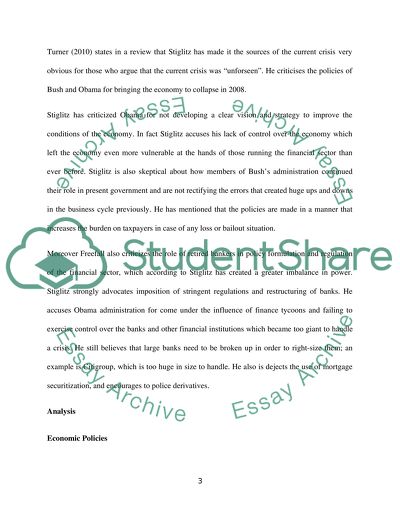Cite this document
(“The critical perspectives Essay Example | Topics and Well Written Essays - 2500 words”, n.d.)
Retrieved from https://studentshare.org/macro-microeconomics/1428468-the-critical-perspectives
Retrieved from https://studentshare.org/macro-microeconomics/1428468-the-critical-perspectives
(The Critical Perspectives Essay Example | Topics and Well Written Essays - 2500 Words)
https://studentshare.org/macro-microeconomics/1428468-the-critical-perspectives.
https://studentshare.org/macro-microeconomics/1428468-the-critical-perspectives.
“The Critical Perspectives Essay Example | Topics and Well Written Essays - 2500 Words”, n.d. https://studentshare.org/macro-microeconomics/1428468-the-critical-perspectives.


